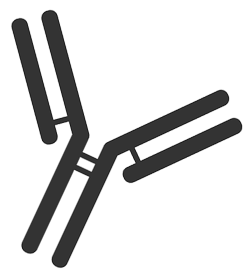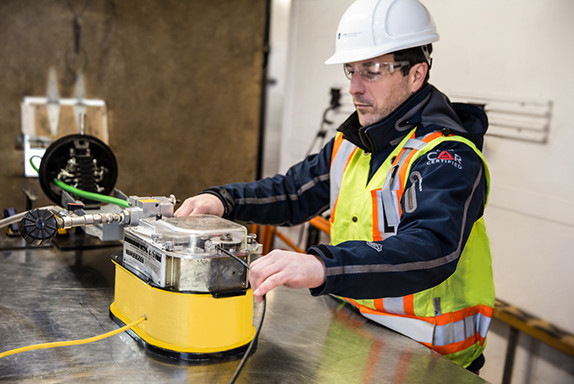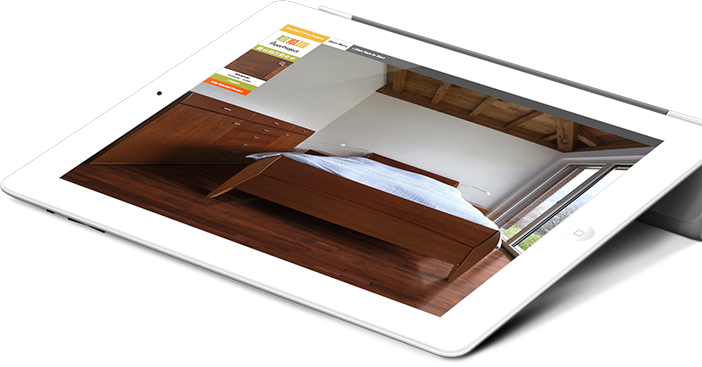In a major statement of intent, ImmunoPrecise Antibodies Ltd (CVE:IPA) last week said it was buying ModiQuest Research – a deal that’s expected to immediately enhance earnings.
At almost C$11mln, it is the largest of three recent transactions and is part of a roll-up strategy designed to create a significant new force in research tools used by drugs developers.
Emulate the success of Invitrogen ..
IPA wants to emulate the success of Invitrogen, which became Life Technologies before being taken over by Thermo Fisher for US$13.6bn.
Invitrogen’s bedrock business was selling kits for molecular cloning, but a series of well-judged acquisitions transformed it into the go-to supplier to the biotechnology industry.
IPA, which has been around for 25 years but only listed on the Toronto Venture Exchange a year ago, is at the start of a similar journey.
Before we delve further into strategy, it’s worth understanding what the company does and the backdrop against which it is working.
The business as it stands today provides custom antibody development and production services and protein Expression for drugs R&D.
Its customers tend to be pharma and biotech companies as well as non-profit research; so universities, medical charities and grant-funded collaborations.
IPA might get involved initially with a “test, or demonstration, or feasibility analysis”, says chairman James Kuo. That may then lead to a contract or contracts that could run for several years.
In high demand …
Its services are in high demand, given the changes in the multi-billion dollar drugs business over the last decade.
There has been a shift from the screening of traditional small-molecule chemical pharmaceuticals to bespoke biologicals, many of which are monoclonal antibodies (MABs) designed to safely and effectively tackle cancer, rheumatoid arthritis and even psoriasis.
In the US, insurers have shown a willingness to pay for the treatments, which tend to be quite expensive, while patients are demanding best-in-class biologicals that are highly targeted for grievous diseases and generally less toxic.
“The industry has been completely transformed in the last ten years,” says IPA chairman Kuo.
“The focus on small molecule pharmaceuticals for chronic diseases of aging such as hypertension and hyperlipidemias has shifted towards medications that have immuno-biology at their core.
“Now you look at the top selling drugs and they are biologicals – humanized monoclonal antibodies are the mainstay.”
A thriving sector …
Servicing this large and thriving sector could potentially be a very lucrative line of business.
At the moment the monoclonal antibody research tools space is fragmented with scores of small companies providing a myriad of different services.
Big pharma, by contrast, is crying out for a one-stop shop that caters for the majority of its needs.
Management at Invitrogen recognised this when it set out on its epic growth journey in the early 1990s, and IPA’s team think the same demand exists within the monoclonal antibody space.
The opportunities are there to provide the scale, says Kuo.
“There are mom and pop businesses and small companies that have hit a ceiling for growth that might be amenable to be bought for a fair price,” he reveals.
“There are acquisitions in Europe and the US and a few other places too.”
ModiQuest, a specialist in generating MABs, adds significantly to the size of IPA and broadens its footprint in Europe, building on the deals to acquire Netherlands-based U-Protein Express, and QVQ.
There are economies of scale that come with rolling up businesses in this way as well as cross-selling opportunities and other synergies. Value is also created by adding significant new intellectual property to the portfolio.
Working on several deals..
Kuo says the company is working on several deals at any one time and there’s a healthy pipeline of future opportunities.
Investors are supportive of the buy-and-build strategy and the IPA chairman is certain they will be willing to fund the right acquisitions when they come along.
Kuo likens the company’s approach to that of private equity (PE), which enters an industry sector via a series of deals to own that particular area of business.
There are some obvious differences between PE and a company like IPA. For PE it is about financial engineering and the ability to service debt while paying private equity management fees.
These funds then tend to be run by accountants and analysts – which may work if you are selling pots and pans but doesn’t work so well in a specialist area such as research tools.
industry expertise …
IPA has industry expertise in abundance, starting with Kuo, who has led a number of biotechs, worked in big pharma and headed a venture capital fund.
Chief executive Robert Beecroft, businessman and entrepreneur Guy Champagne and fellow directors Greg Smith and Thomas D’Orazio have similarly impressive resumes.
“We have the people who can look at how good and competitive a technology is and make a decision as to whether we might be overpaying,” Kuo explains.
Those who have tracked the company since its IPO last December, will know it has been through a management a shake-up that saw chairman Kuo become interim president.
The press release refers to it as a “re-alignment” and Kuo sketches in a little more detail: “This was not about personalities; the board has very high expectations for the growth trajectory of the company and it didn’t feel they were being met.”
So just what are those expectations and how quickly can IPA become a company of scale?
“I don’t think a business is worth doing unless it has US$1bn potential in a reasonably short period of time, say two years,” explains Kuo.
“I think we are going to succeed and everyone on the team has a similar feeling.”







Recent Comments